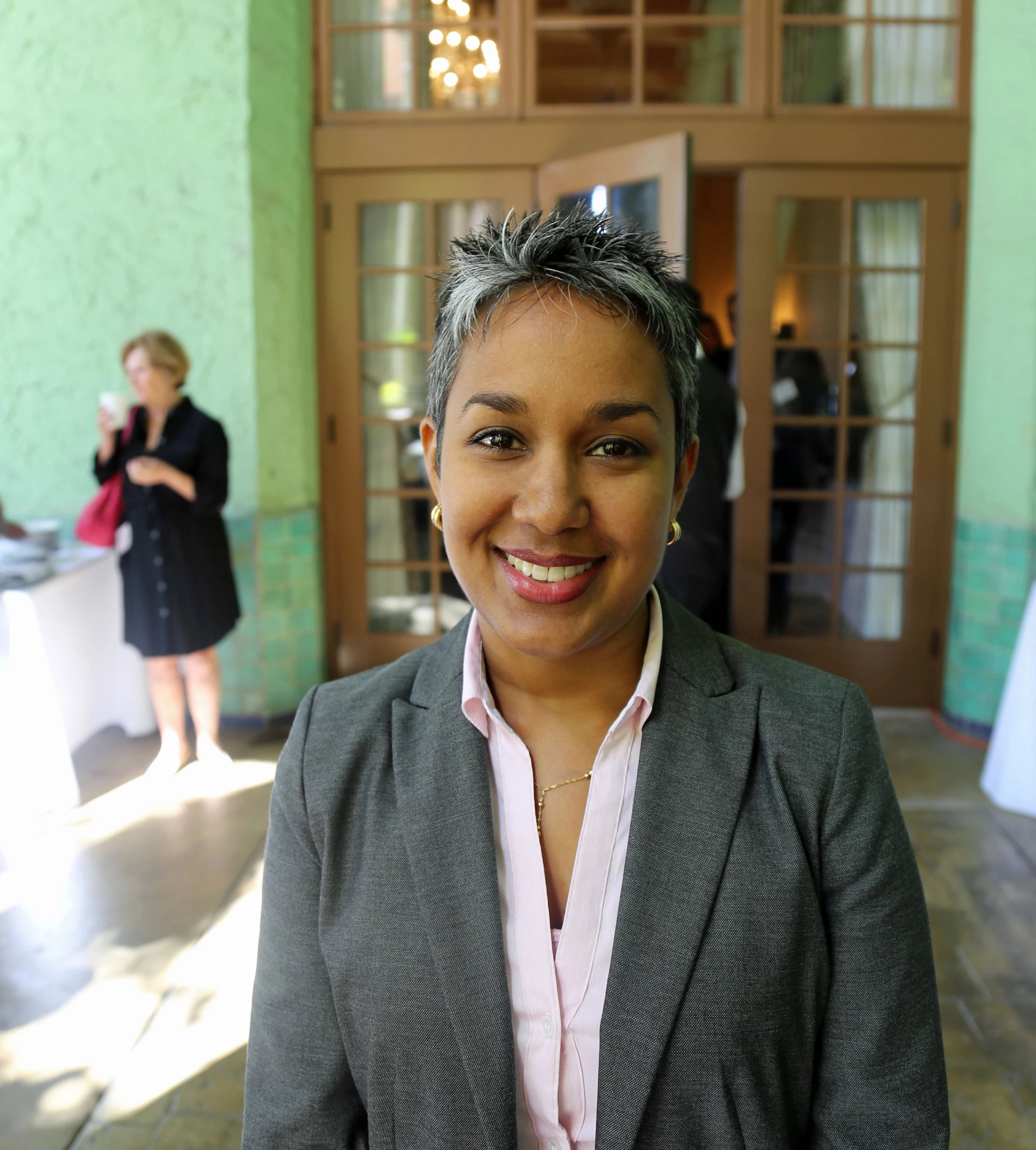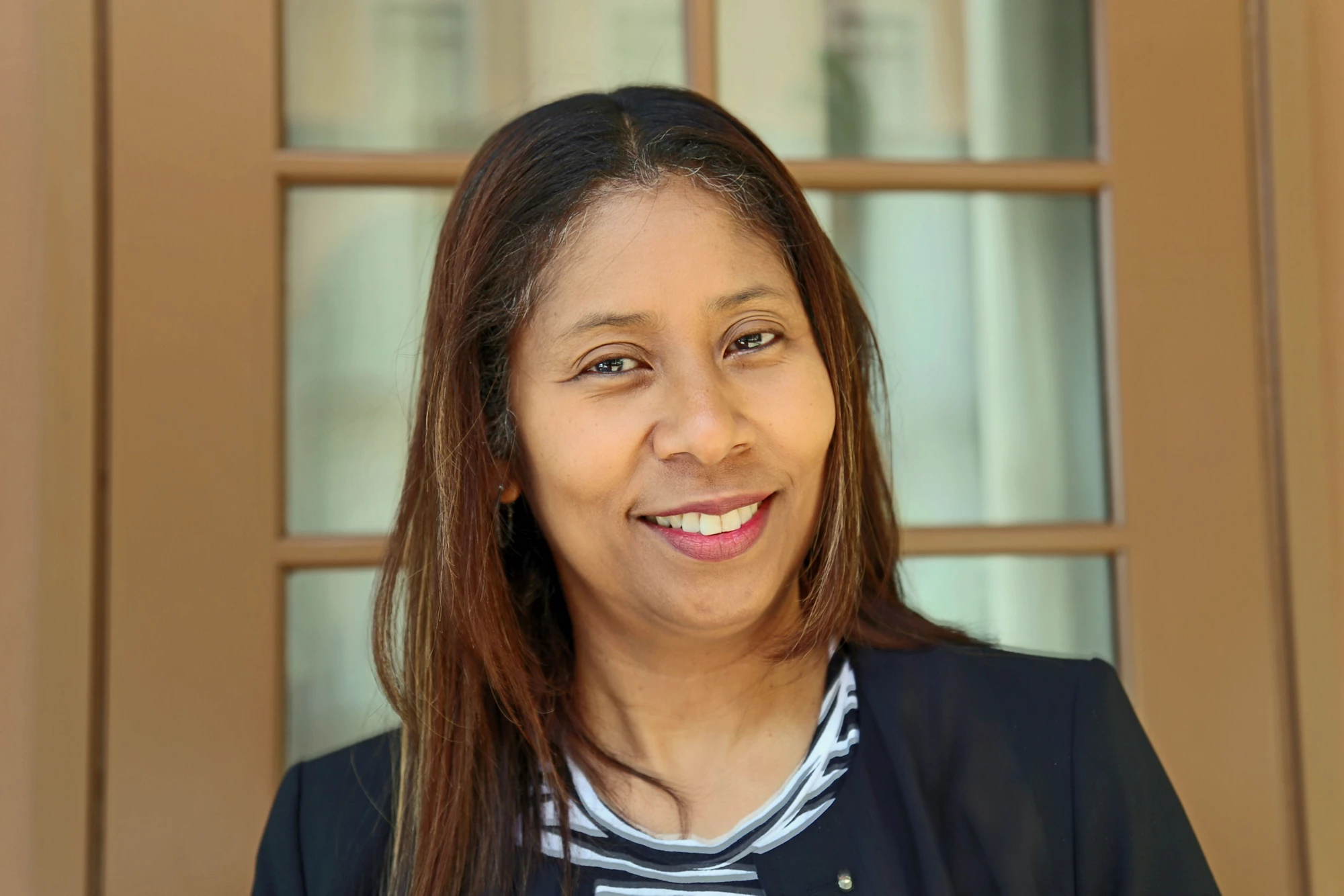“While Caribbean countries are faced with a challenging environment, they also have opportunities that point towards a brighter future - particularly for the small states comprising Organization of Eastern and Caribbean States (OECS).”
That was a common message highlighted by World Bank Country Director Tahseen Sayed in the opening of the The Caribbean Dilemma conference on March 30, and shared by many senior policy-makers, CEOs and international partners gathered in Miami for the event. Here’s what the participants told us:
The table is set for growth
Opening on a high note, Michael Lee-Chin, Chair of the Government of Jamaica Economic Growth Council and “Growth Czar,” took the stage to announce that confidence was returning to Jamaica. “The table is set for growth. The goal of our council is to get to 5% in the next four years by listening to stakeholders.”
In fact, some of the smaller economies in Latin America and the Caribbean such as Costa Rica, the Dominican Republic, and Panama, are already growing faster than the region's giants.
In the presentation of his new report “Open and Nimble: Finding Stable Growth in Small Economies, Daniel Lederman, World Bank Deputy Chief Economist, showed that “while small economies are more open to trade and foreign investment, and highly specialized in their export sectors, they are also more nimble and able to change the structure of their economies and exports over time. Being more nimble can help them remain competitive when facing external shocks”.
Regional Integration is Key
“We have to drop insularity. We all benefit when we work together,” said Prime Minister Chastanet of St Lucia, in the opening panel with Grenada Prime Minister Keith Mitchell, and Governor Brian Wynter from the Central Bank of Jamaica.
Deeper regional integration was another key message from the new study, which highlights that cost-sharing and risk-pooling would help to promote stable growth in the region. Small economies often lack the resources to make large public investments, investing in shared public services, such as a regional transportation and infrastructure, would allow costs to be pooled as well as improving connectivity in the region.

Learning to lean against the wind
“These small economies also face the challenge of high volatility. While presenting his report, “Taming volatility: Fiscal Policy and Financial Development for Growth in the Eastern Caribbean” Francisco Carneiro, World Bank Lead Economist for the Caribbean called for the need to adopt fiscal responsibility laws and fiscal rules to allow OECS countries to save more during good times in case of natural disasters or economic shocks.
“I am strongly advocating for fiscal responsibility legislation in all our member countries,” said Governor at the Eastern Caribbean Central Bank Timothy Antoine, during the panel discussion with IMF Division Chief Trevor Alleyne, OECS Commissioner Colin Murdoch, and former Sr. VP of Scotiabank for the Caribbean Bruce Bowen. “We are mindful of the challenges, but encouraged by the progress that we have made in recent years.”



Join the Conversation